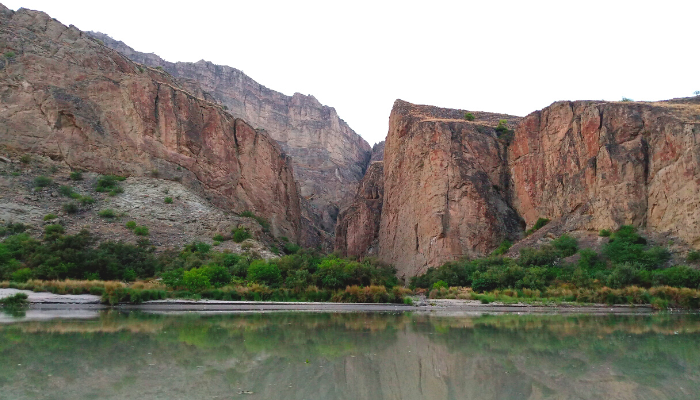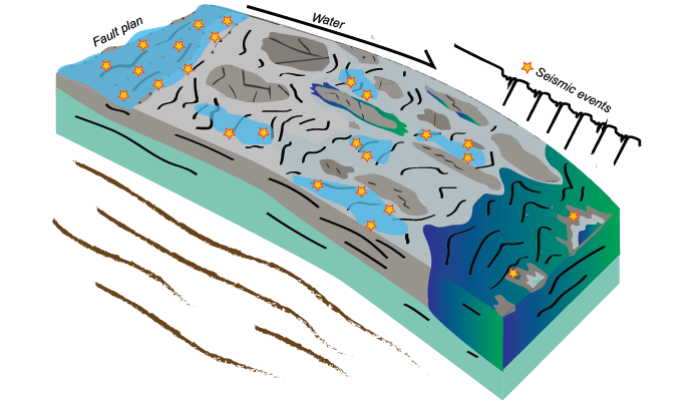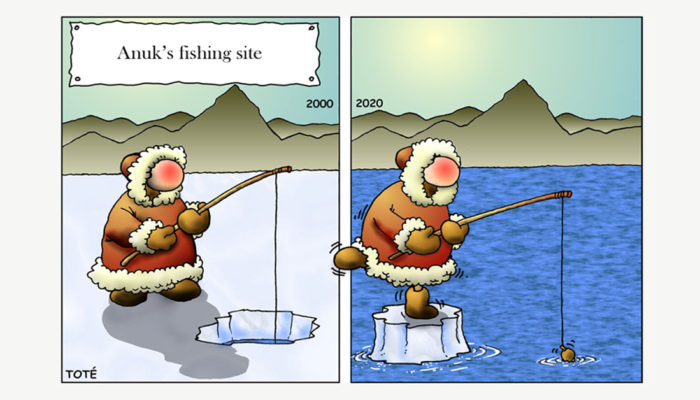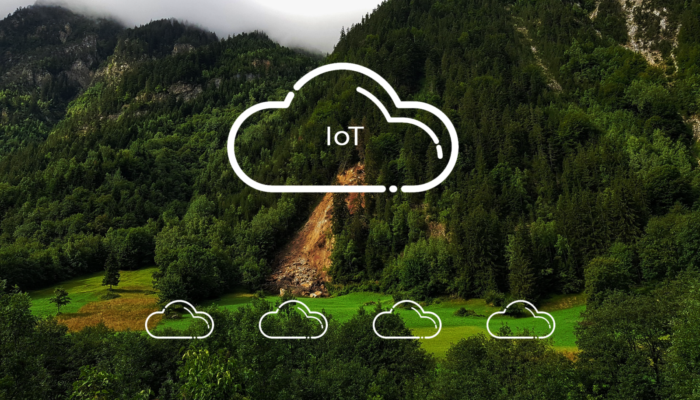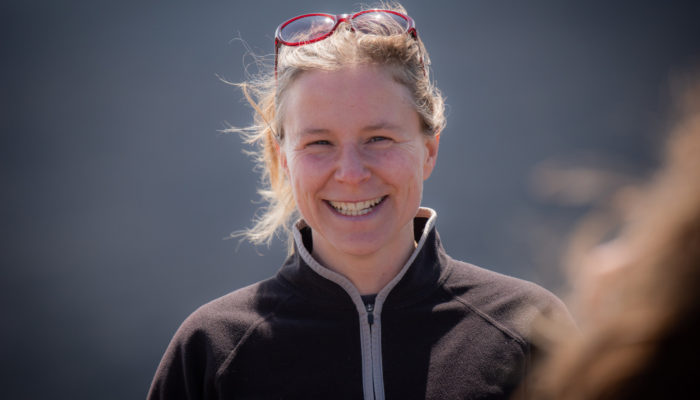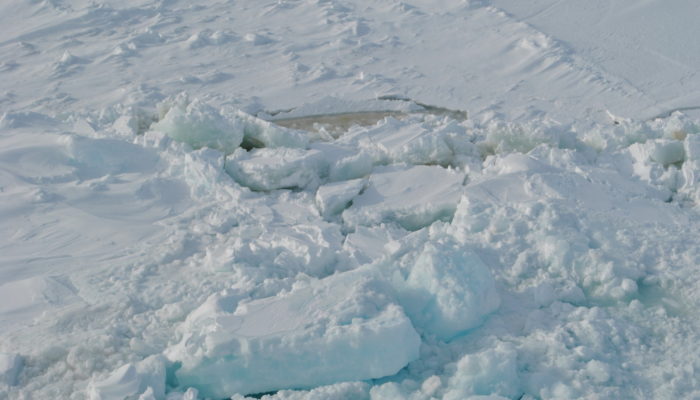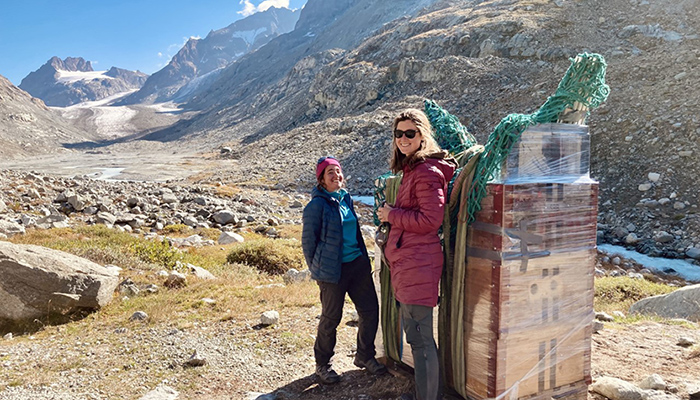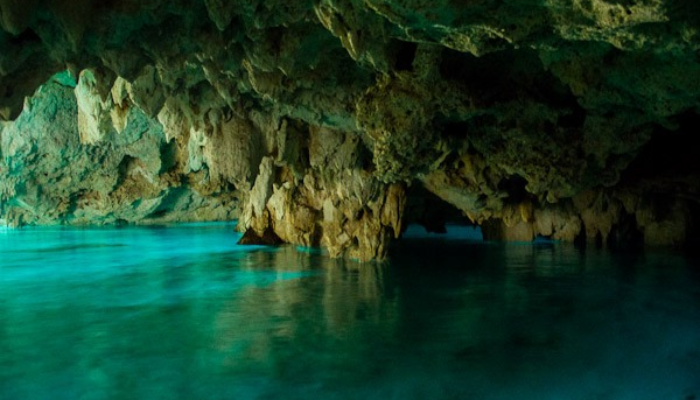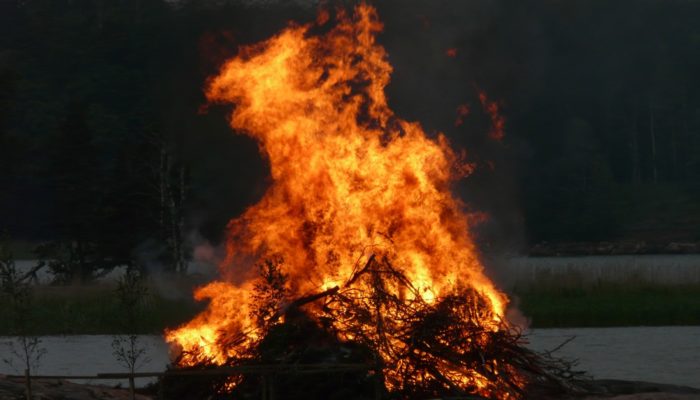For us humans, the world, before it is lived, has to be imagined. There is, however, something wrong with the way we have imagined the world if we consider where we are today, in particular in the face of global climate change. Let’s review how we have imagined water from the point of view of critical geography. How we have imagined water so far So far, we have imagined water through the lens of t ...[Read More]
If you didn't find what you was looking for try searching again.
Geodynamics
What is the role of fluids in seismic cycles
What is the role of fluids in seismic cycles ?
Climate: Past, Present & Future
Communicating climate change
Both the uncertainty inherent in scientific data, and the background and ethics of the communicators who report such data to any given audience, can sow doubt about the science of climate change. The perception of this duality is engrained in how the human mind works, whereby we tolerate lies but are always ready to condemn hypocrisy. We illustrate this through a personal experience that is connec ...[Read More]
Natural Hazards
IoT and Natural Hazards: the latest updates
In my blog post last year, I talked about the escalation of extreme events in Brazil, and one of the main questions was whether the scientific community would need new methods and technologies to deal with extreme events aggravated by climate change. This year, during one of the Innovations (WG05) working group meetings of the International Network on Landslide Early Warning Systems (LandAware), I ...[Read More]
GeoLog
GeoTalk: meet Morelia Urlaub, researcher of underwater landslides!
Hi Morelia. Thank you for joining us today! Could you tell our readers a bit about yourself and your research? Hi, I am Junior Professor for Marine Geomechanics at GEOMAR Helmholtz Centre for Ocean Research Kiel and Kiel University in Germany. I graduated at the University of Bremen (Germany) and did my PhD in 2013 at the National Oceanography Centre Southampton in the UK. After a short postdoc th ...[Read More]
Cryospheric Sciences
Highlighted Paper – Welcome to the microbial BBQ in Arctic Sea ice
There, what is this, spoke the sea ice algae. Is this the first light of dawn? Is it finally this time of the year again? Spring…the best time of the year…the BBQ season? And in the little brine pockets all around the sea ice, the bacterial and archaeal community stirred alive. BBQ? Did somebody mention BBQ? Let’s have some vegan burgers! And so spring began inside of the Arctic sea ic ...[Read More]
Atmospheric Sciences
Nitrogen dioxide disparities in the time of COVID-19: How satellite data can facilitate environmental justice studies during this natural experiment and beyond
Around the world, the most vulnerable, marginalized, and racialized are disproportionately impacted by a variety of environmental stressors such as extreme heat, health-harming air pollution, and the growing impacts of climate change. In the United States, research has uncovered how Black and Brown communities and those with lower socioeconomic status are exposed to higher concentrations of many a ...[Read More]
Hydrological Sciences
A students’ wish list for field courses that leave no one behind
Following an inspiring workshop, as well as our own experiences and informal discussions with students and undergraduate PhD students at the University of Lausanne (see our previous blog post), we collected ideas for a wish list for safe and accessible field classes. It is not exhaustive, and we hope that it will inspire field leaders and students alike. The wish list is summarized here below. It ...[Read More]
WaterUnderground
Groundwater: a sensitive but powerful tool
Guest contribution by Dr. Rosario Sanchez Flores, TAMU Yes, water is a delicate resource. You can barely hold it in your hand, but you can certainly feel it within your fingers; your skin; your nervous system. It has the power to change the energy of our body. It is as natural as magic. We convince ourselves that we control it, but it surprises us every time we think we understood it. It is not a ...[Read More]
Geodesy
EGU Campfire Geodesy 101 – First Edition
We all welcome you around our first EGU Geodesy 101 Campfire to listen to an exciting presentation about reference frames from Xavier Collilieux. This new Geodesy 101 Campfire series aims to introduce geodesists and non-geodesists into a specific geodetic topic. The first Geodesy 101 Campfire is dedicated to terrestrial reference frames. Below you can find detailed description about the upc ...[Read More]

